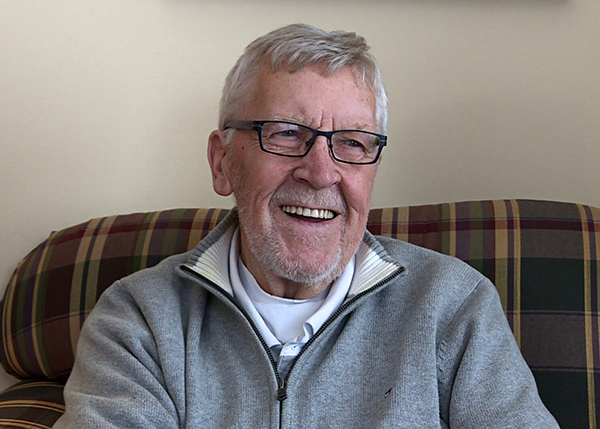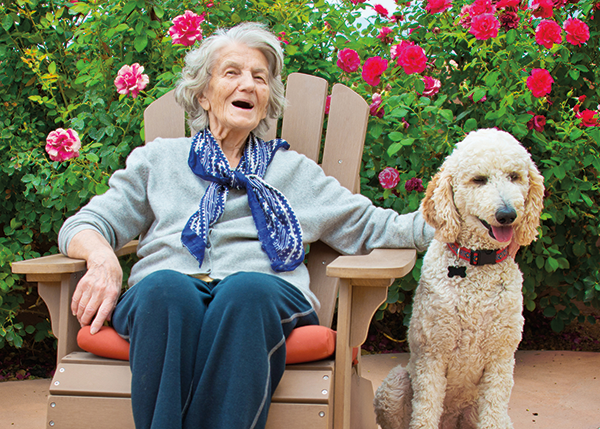A special thank you to our valued donors
Thanks so much for your support!
 Pauline Tardif, CEO, Alzheimer Society of Canada
Pauline Tardif, CEO, Alzheimer Society of Canada
As another year comes to a close, I’m so proud of all we’ve achieved and thankful for the support of donors like you. It’s your generosity that ensures we can continue making a real difference for families bravely facing Alzheimer’s and other dementias.
I hope you enjoy reading the stories in this newsletter. Of special note is the research on “dementia dogs,” which support people living with mild to moderate dementia in their daily routine.
And don’t miss our holiday tips for visiting someone with dementia that can help ensure a more comfortable and enjoyable visit for everyone.
Happy Holidays,
Pauline T.









